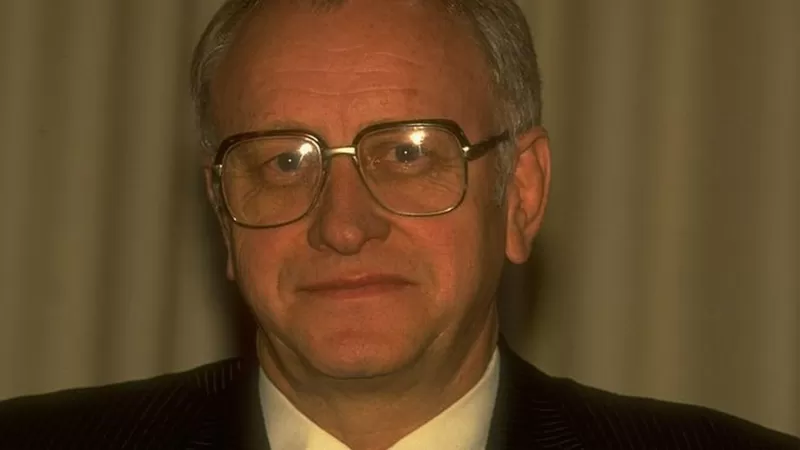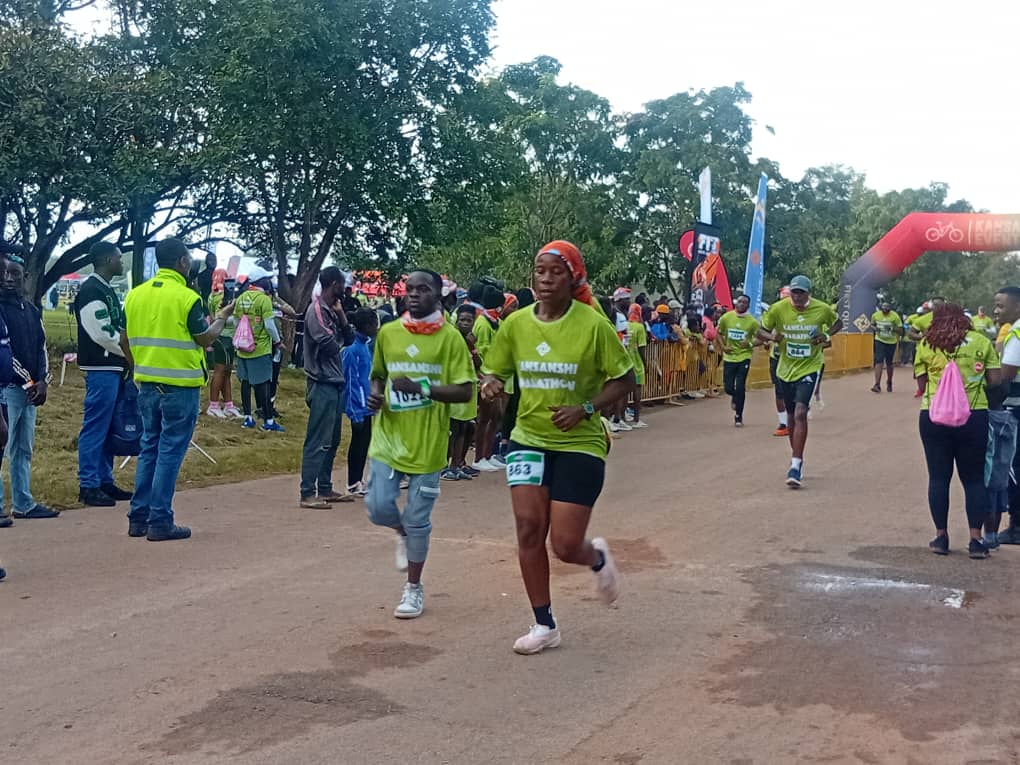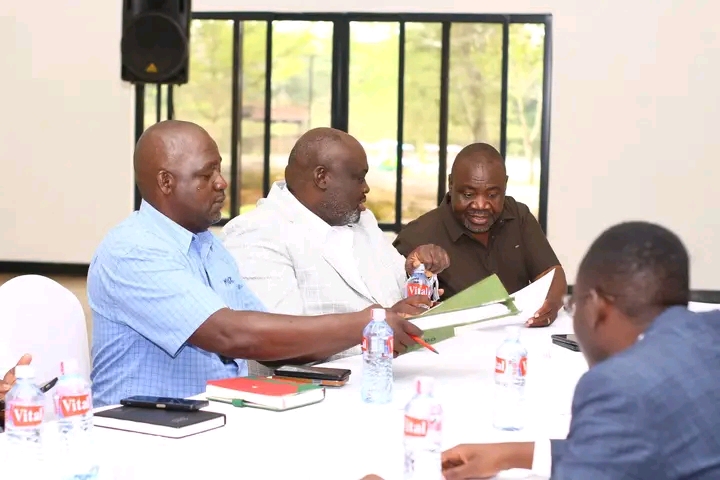A notorious police minister during white minority rule in South Africa, Adriaan Vlok, has died aged 85.
He played a key role in enforcing the racist system of apartheid, with police running hit squads that kidnapped, tortured and murdered activists.
Vlok confessed to some of his crimes after apartheid ended in 1994 and was granted amnesty.
He also washed prominent anti-apartheid cleric Rev Frank Chikane’s feet in 2006 in a gesture of contrition.
His critics saw it as a stunt to gain sympathy, and to avoid making a full disclosure of all the crimes committed by the apartheid regime.
Rev Chikane had survived an attempt by police to poison him to death in 1989.
More than 45 years of rule by the apartheid regime came to an end in 1994 when Nelson Mandela became South Africa’s first black president.
In 2007, Vlok was given a suspended prison sentence of 10 years for Rev Chikane’s attempted murder.
“I feel ashamed of many things I have done,” he said at his sentencing.
Vlok’s family said he had died at a hospital in the capital, Pretoria, after a short illness.
He was minister of law and order from 1986 to 1991.
In its profile of him, South Africa History Online says his ministry was responsible for the detention of about 30,000 people as it tried to suppress the revolt against white minority rule.
Vlok testified at the Truth and Reconciliation Commission set up by Mr Mandela’s government to uncover the atrocities of the apartheid regime.
Vlok admitted that his police force had carried out bombings, including that of the headquarters of the South African Churches. He was given amnesty for making the confession.
He also washed the feet of the mothers and widows of 10 activists who were murdered by the police after being lured into an ambush.
In 2015, Vlok told the BBC’s Newshour radio programme that was not responsible for the “inception of apartheid”.
“I helped to keep it in place and to send me to prison for all the apartheid crimes, I think that would have been wrong,” he added.








